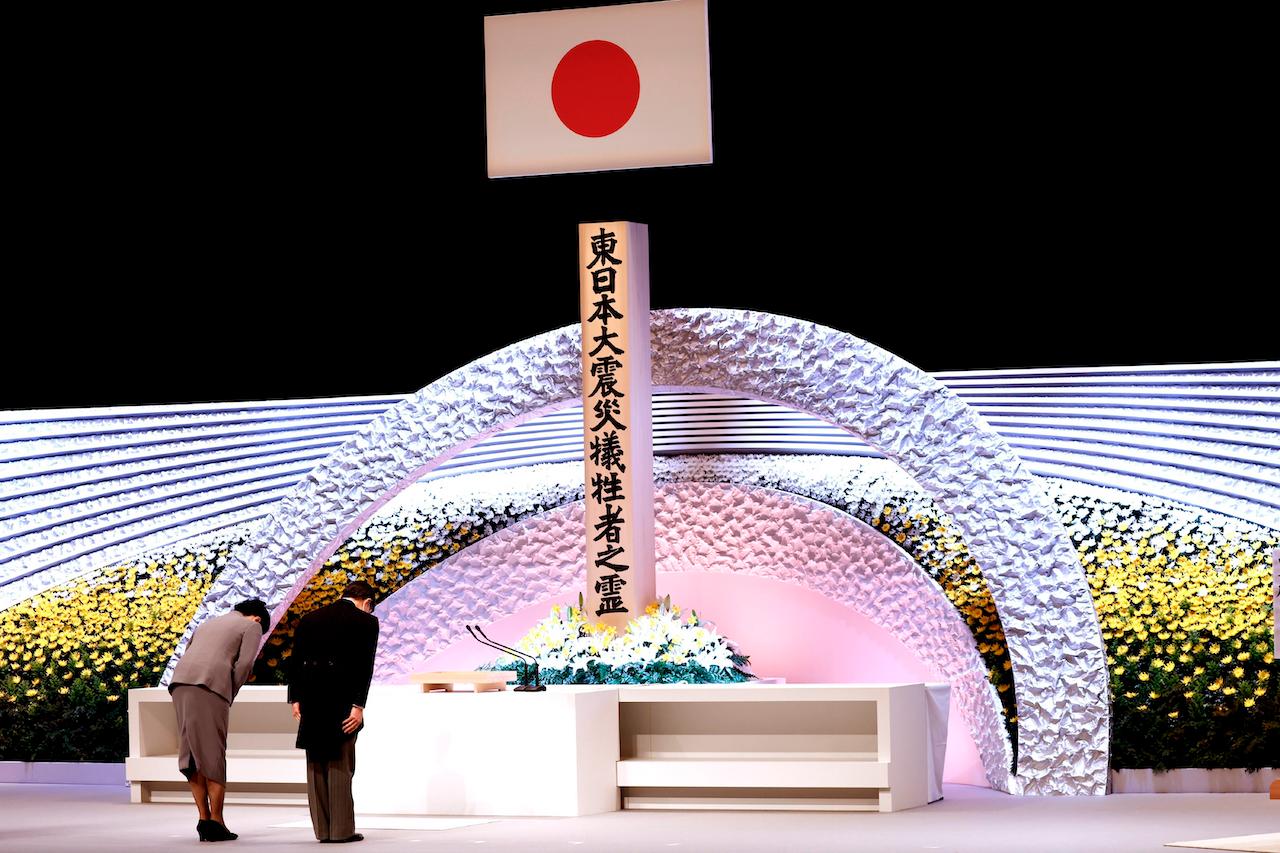10 years after Japan tsunami and nuclear meltdown, 40,000 still can’t go home
Many question if the decommissioning of the nuclear plant's melted reactors can ever be completed.
Just In
On Thursday, Japan marks the 10th anniversary of the earthquake, tsunami and nuclear disaster that hit the northeastern region.
Emperor Naruhito and Prime Minister Yoshihide Suga will observe a moment of silence at a memorial service, reports the Associated Press.
People, many carrying bouquets, are gathering on the coast to pray for relatives and friends swept away by the tsunami and never seen again.
Even after the passing of a decade, many of the survivors’ lives are still in limbo.
The magnitude 9.0 quake that struck on March 11, 2011, was one of the biggest on record and set off a massive tsunami that swept far inland, destroying towns and causing meltdowns at the Fukushima Daiichi nuclear plant.
More than 18,000 people died in the triple disaster and nearly half a million people were displaced.
Ten years later, roads, train lines, and other key infrastructure and housing have mostly been completed at the cost of more than 30 trillion yen (US$280 billion).
But more than 40,000 people are still unable to return home, most of them from Fukushima, where areas near the destroyed plant are still no-go zones due to radioactive contamination.
The decommissioning of its melted reactors is an unprecedented challenge, with some questioning after 10 years of work whether it can be done at all.
Thursday’s ceremony comes just two weeks before the Olympic torch run begins from Fukushima ahead of the delayed Tokyo Summer Games in July.
Suga has said the Olympics will showcase Japan’s recovery from the disaster and will be proof of human victory against the coronavirus pandemic, but some disaster survivors say their recovery is still only half done.
No-one knows if they will ever be able to go home.
Subscribe to our newsletter
To be updated with all the latest news and analyses daily.
